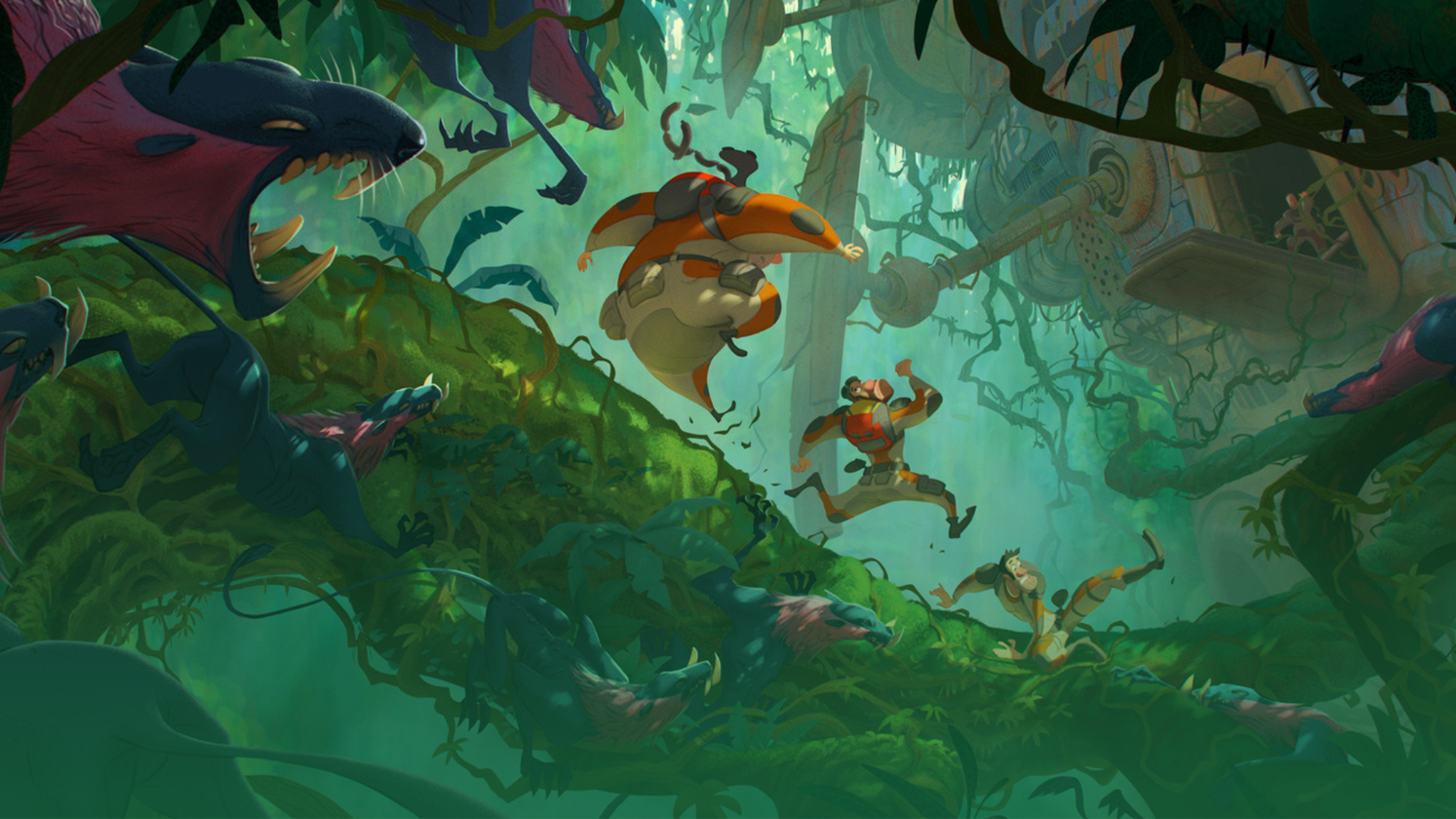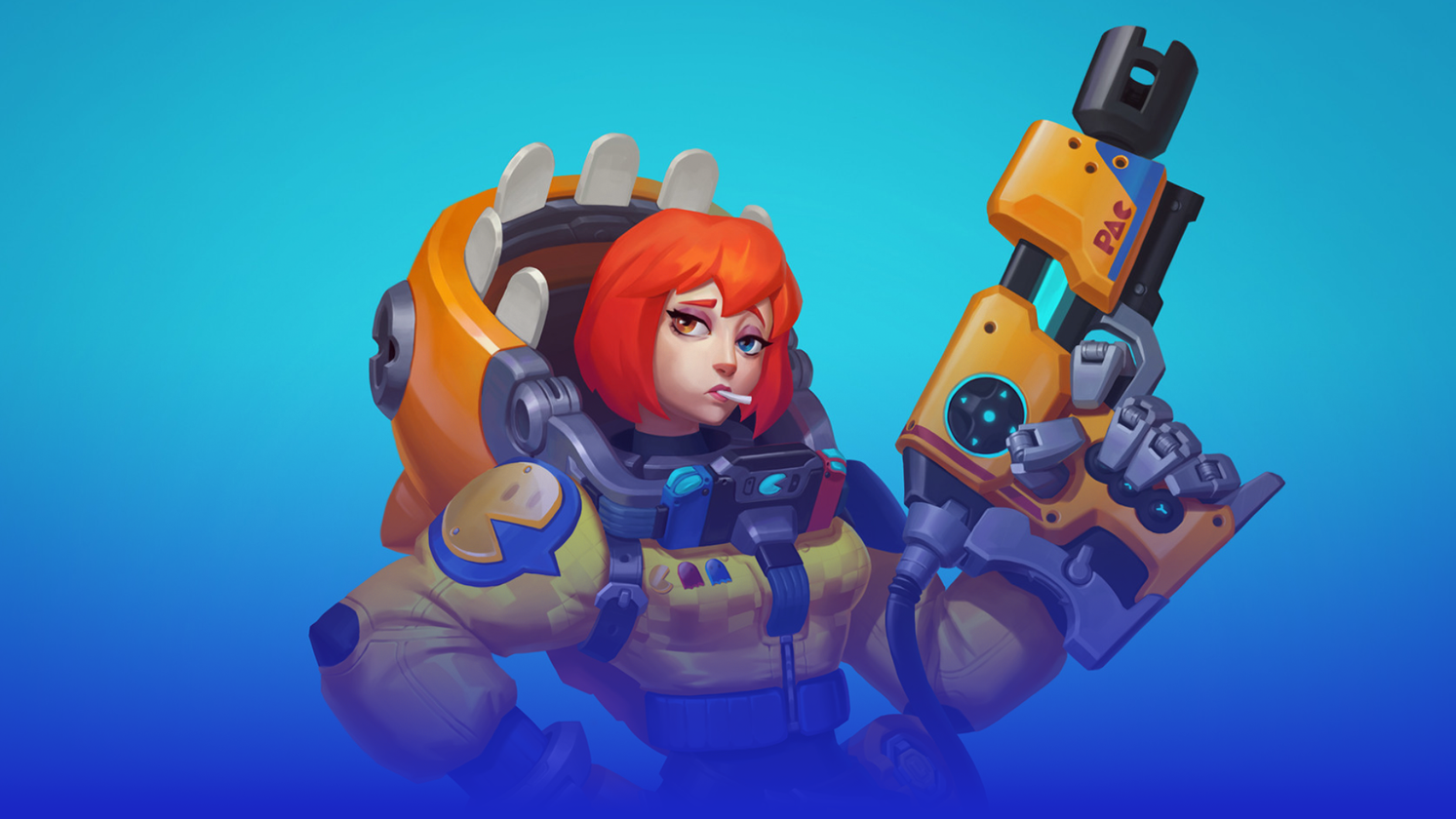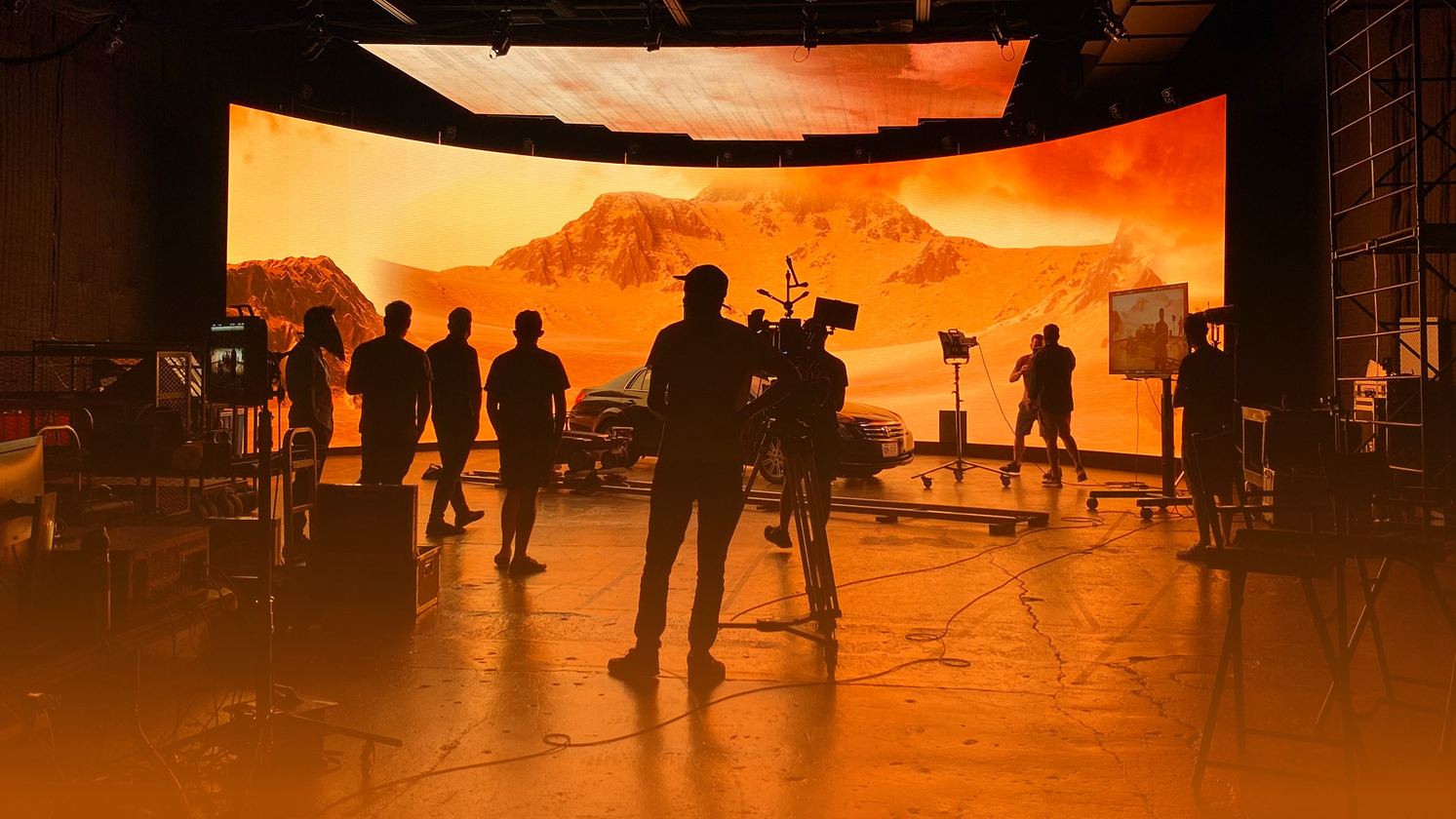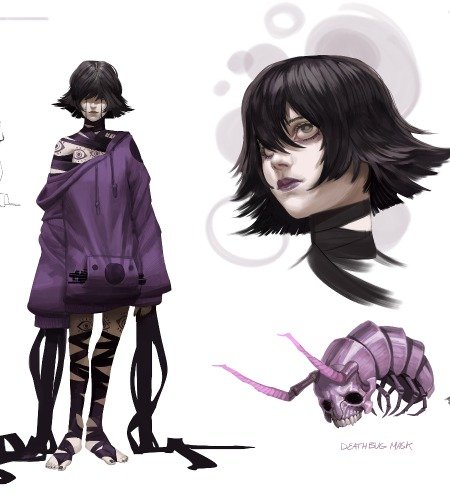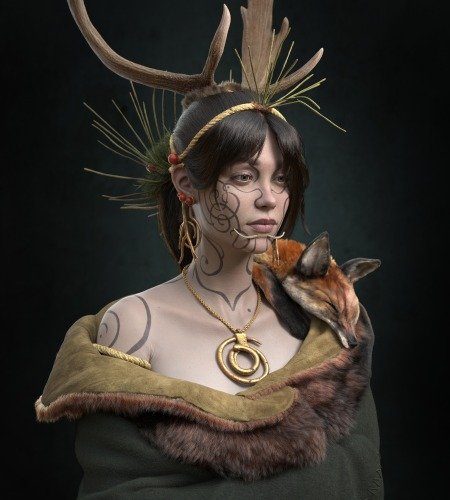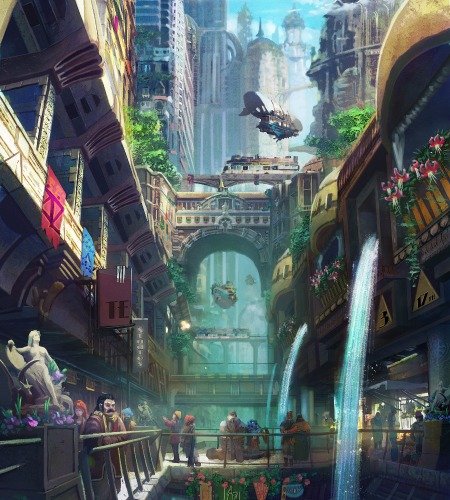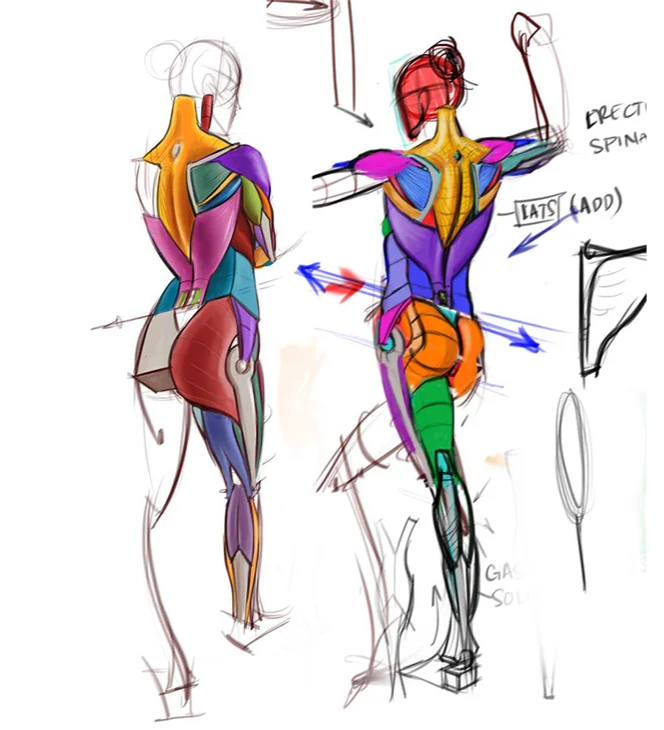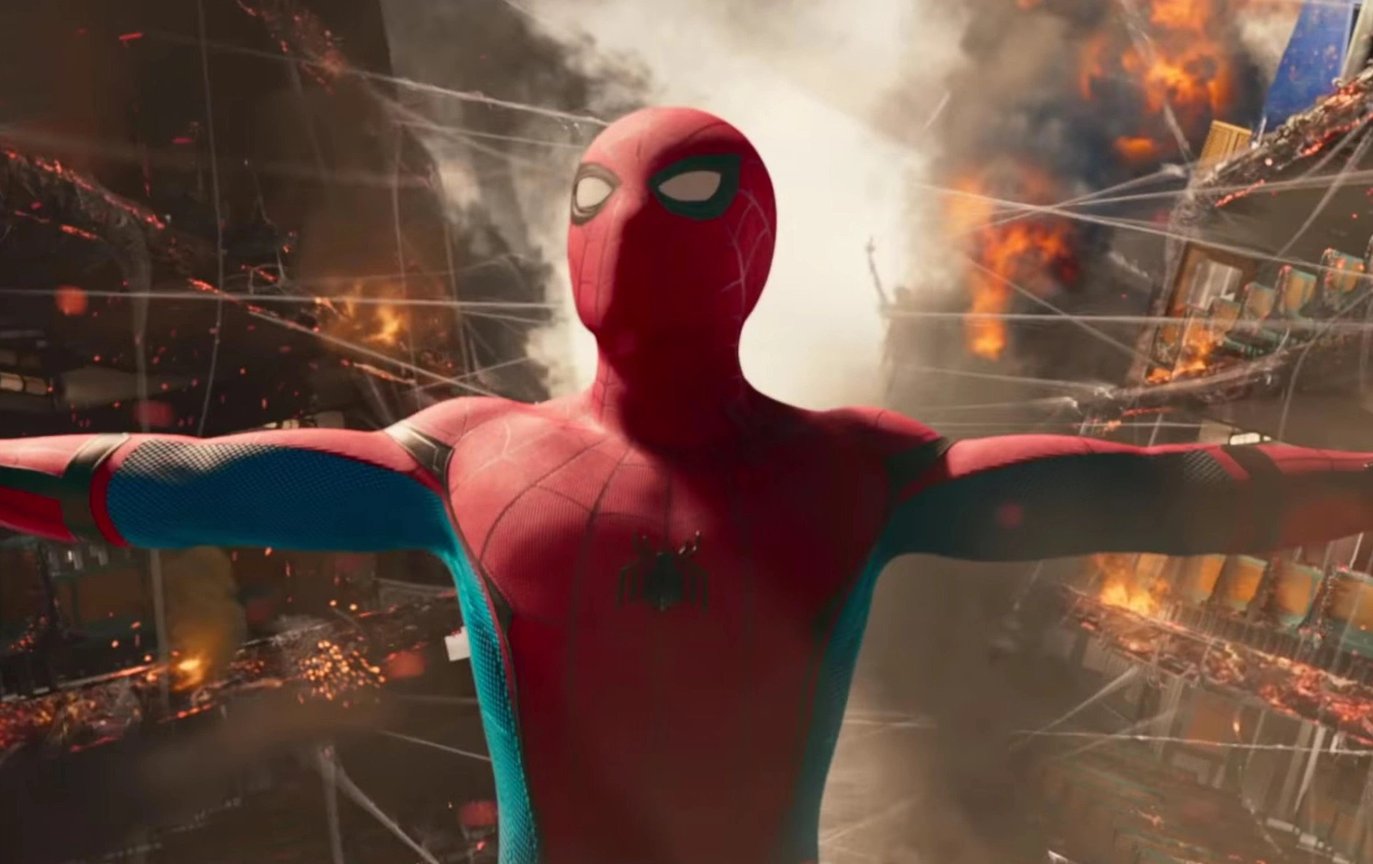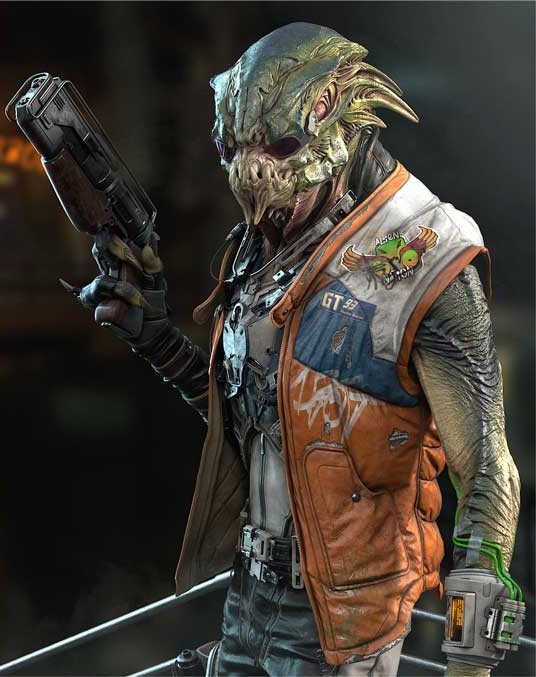Beginner Lessons in 2D Animation
Concept Artist Sofie Gjengstø always wanted to create her own animations, plus her experience as a classical and games artist gave her many foundational skills! With the right resources, she was able to animate some truly impressive scenes. Check out her animated scenes and pick up some great advice for beginner animators, including…
- Exercises for Animation Foundations
- Acting and Talking
- Characters for Animation
- Walk Cycles
- Cleaning Up the Animatic
- Final Project
 Hello, my name is Sofie. I’m a Norwegian artist. I have studied art for a number of years touching on game art, classical drawing, and visual development. I always wanted to get into animation and the 2D Modern Animation course was my first animation course beside some small interdictions to the bouncing ball some years prior. I was very excited to take the course as I have practiced a lot of skills I felt like an animator should have, but not actually taken the time to animate anything. This course gave me the right guidance and push to actually animate every day.
Hello, my name is Sofie. I’m a Norwegian artist. I have studied art for a number of years touching on game art, classical drawing, and visual development. I always wanted to get into animation and the 2D Modern Animation course was my first animation course beside some small interdictions to the bouncing ball some years prior. I was very excited to take the course as I have practiced a lot of skills I felt like an animator should have, but not actually taken the time to animate anything. This course gave me the right guidance and push to actually animate every day.

1. Exercises for Animation Foundations
For the first couple weeks, we practices the fundamentals of traditional animation. This included a bouncing ball, a waving flag, and a blob character.



Enroll in CGMA’s Foundations in Modern 2D Animation course taught by Bento Box Atlanta’s 2D Animator Perry Hull and Animation Production Artist Brent Noll.
2. Acting and Talking
For me, this was such a great week as it was the first time I got to animate a full character- acting and talking. It was really new to me, but with the animatic already there it was easier to focus on the characters acting without getting lost in bad timing and big decisions. I think I went a little bit overboard with the smears, but we were shown so many cool ways to do it that I had to try it all. Looking back I think it would have had a stronger impact if I chose only the fastest motions and made more subtle smears if I wanted it on a motion that wasn’t the fastest ones.
I do feel like I kept the character on model most of the time. I made some mistakes in areas like arcs and overacting, but learned a lot that I kept on using for the rest of the weeks! Also learned that I could push the overshoot after big movements even more than I thought. It was a lot of fun going through the feedback seeing that the teacher could clearly see that the animation got better after the first few seconds. So the exercise was clearly helpful!
3. Characters for Animation
This week we designed a character and did a turnaround. It was a great exercise to not only animate something a little more complex, but also learn about making characters that we can animate. For me who wants to make personal projects that was super helpful. I designed the character differently than I normally would, making sure to use rounded shaped (like circles, cylinders, and bean shapes) and limiting details. That was really important for letting me focus on the animation without running out of time.

After finishing the first pass of the turnaround I had to make sure the individual parts of the animation moved in the right arcs and that features stayed on model. After the feedback I also went back to make the suggested fixes. I made sure the neck stayed in the same point making him look more like he rotates in place and not moving a round. I changed some volume mistakes with the neck, hair, hands and some tangents in the facial features.

Check out CGMA’s Character Designer/Illustrator Bernardo Machado and Character Designer Brett Bean.
4. Walk Cycles
For the walk cycle, I used the character I designed in the previous week. I wanted the movement to feel fluid and a bit rubbery. I made the character’s hands drag more than the traditional Richard Willams walk cycle and made the limbs rubbery. I did this to hopefully make him a bit more chill and cartoony. We used a mix between symbols and traditional frame by frame animation. That was a really interesting way to save some work and still get the look I wanted.

5. Cleaning Up the Animatic
Here we got an animatic and background from Brent and we were going to choose one of three shots and make the rough animation and do clean-up if we had time. I choose the last one of the three shots. I liked her acting and having to figure out the props in the style. I felt like it would be a little extra challenge.
For the rough pass, I wasn’t afraid to move fast, make very scribbly drawings, or cut, rotate and paste parts of the body to then draw them properly in the clean-up. I also focused mainly on arcs and acting in the roughs and not the individual drawings to make the motion fluid and interesting. I really wanted something that felt done when I was finished with the week. So it was important for me to spend my time in the right places to finish four seconds of rough animation, clean-up, and colour in a week besides full-time work. With the tricks and practice from the other weeks that was no problem.
For this one and other weeks, it worked surprisingly well for me to stay fairly close to the model even when we had one week to finish a lot of animation with characters we never have drawn before.
Read “How to Apply Drawing Principles to Digital Animation: Walk this Way” for another glimpse into this course.
6. Final Project
For the final weeks, we were supposed to make any animated loop we wanted. I had a project I had started, but it had not come very far. I had planned the scenes, made a number of the backgrounds and a little bit of the animation. For the final project, I was allowed to not follow the requirement of making a looping animation and continued on this project. It’s a 25 second short with characters from the YouTube series Tales of Alethrion.

Within the two weeks we got to work on this I didn’t finish the entire short, but I made over half of it within the time of the course and did more that I had set as a goal when we discussed our projects before starting the homework.
For the project, I already had the storyboard and I used that to make extremely rough animation to see if the shots were working, then made a new in-between and tie-down pass before cleaning it, coloring, and compositing in After Effects. In post-production I mainly worked on integrating lighting in the scenes, making the characters seem less separate from the background.
This project was a great end to the course. It really showed that with the tools we learned from the course previous 7 weeks it was possible to make anything I wanted to as long as I put in the time and effort. I can (and will) of course improve a lot, but the course gave me most of the tools I need and now I just have to continue working. All the weeks really came together for the ultimate challenge!
Brent went above and beyond and commented more on the shot continuity and giving extra in-depth feedback on things that weren’t directly in the course.
Final Thoughts
- In general, I think our teacher Brent was doing a great job giving relevant feedback to everyone depending on their personal struggles and really isolating it to a few problems per week. That made me really focus on the specific problems from the former week and show better results in the upcoming assignments.
- It was great that he was so flexible with the content in the course and gave me a helping hand for what to work on next even when the course was ending. I’m hoping to take a storyboard course that he suggested when I get the opportunity to take another CGMA course.
- The course was really well balanced. We had a lot of freedom designing characters for our turnaround and character walk in weeks 4 and 5 then choosing any project we wanted for the final two weeks.
- I had the most fun during the two weeks where we worked from an existing animatic was great because I got to work in the small acting choices and work with characters that’s more cartoony and playful than what I normally do.
- The course went really fast, but I feel like it left me with most of the information I needed to make better animation and now I have the tools to continue improving and experimenting. I feel like the thing I took away from the course was how much work I actually can get done if I just work smart and take time to animate every day even when it’s just a really short time at the end of a busy day. It also opened my eyes to different ways of working and that it’s no point in waiting to start learning.
- I also got a solid enough showreel to get an internship in a studio on a 2D animated feature film with almost only work from the course. So for me, it was a really important leaping point to get a foot into the industry and try working in a professional environment. And let me say, it’s amazing!

LEARN MORE
CGMA provides comprehensive instruction for Art, Games, and VFX industries in a variety of courses for a range of students, from 2D and 3D artists looking to supplement their college studies to industry professionals looking to stay up to date on emerging trends and techniques in the field.
RELATED LINKS
Enroll in CGMA’s Foundations in Modern 2D Animation course taught by Bento Box Atlanta’s 2D Animator Perry Hull and Animation Production Artist Brent Noll.
Check out CGMA’s Fundamentals of Character Design course taught by Character Designer/Illustrator Bernardo Machado and Character Designer Brett Bean.
Read “How to Apply Drawing Principles to Digital Animation: Walk this Way” for another glimpse into this course.


